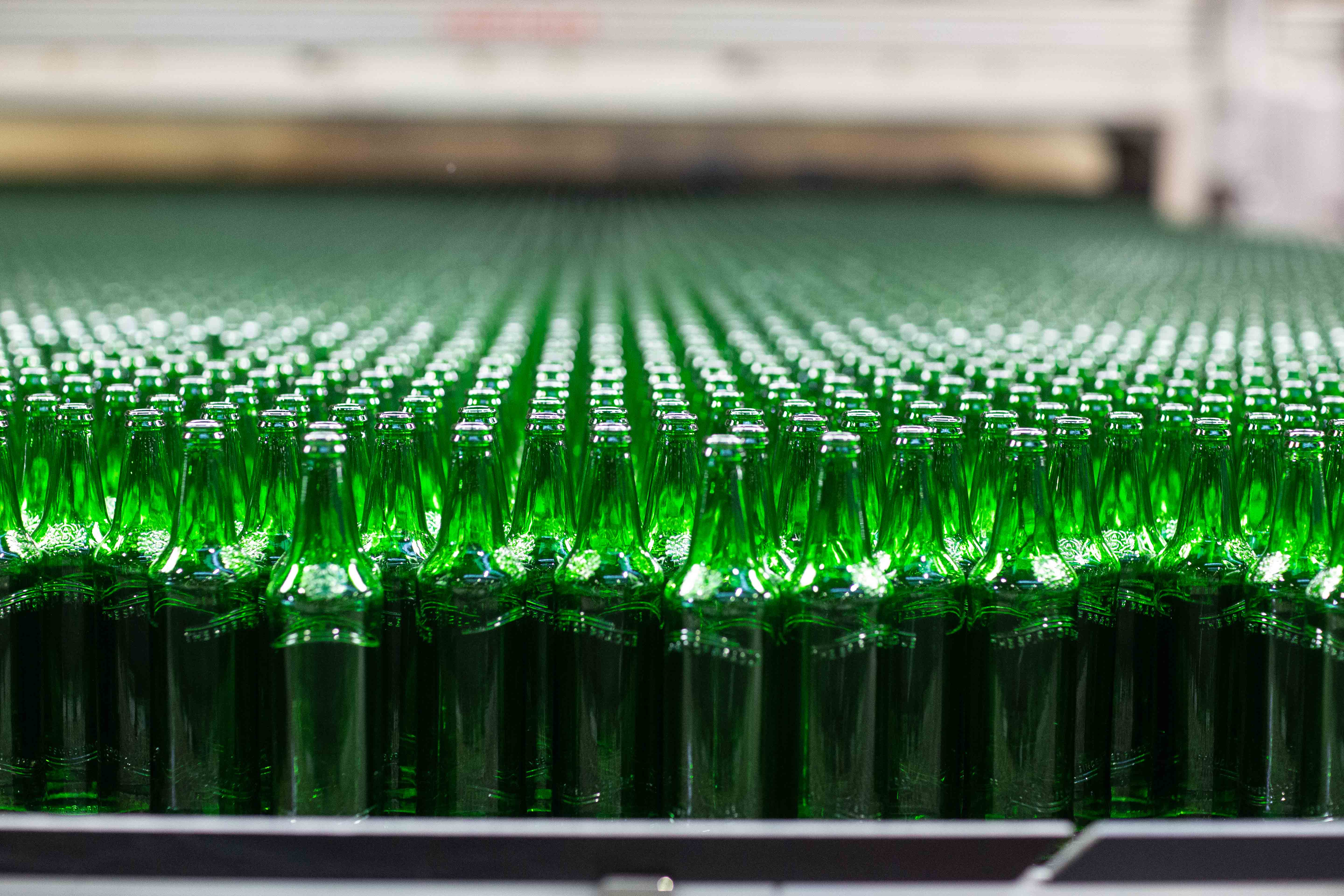Molson Coors Beverage Company is giving new meaning to “going green.”
In the U.K., Molson Coors has launched a low-carbon glass beer bottle following a recent trial with its Staropramen brand that reduced the carbon footprint of its bottle production by 90%.
Manufactured by Molson Coors’ bottling partner Encirc, the low-carbon bottles were fashioned out of 100% recycled material, known as cullet, and produced using renewable biofuels to power the process.
Standard green bottles, such as the ones used by the Staropramen brand, are made mostly of recycled materials to begin with, using 75% recycled glass. The new Staropramen bottles, part of a limited test run of 2 million, take it a step further.
“This is another way we are reducing our impact on the environment. All of our environmental goals are in line with the U.N. Sustainable Development Goals, and our commitment is part of our DNA,” says Fraser Thomson, Western Europe operations director for Molson Coors.
The trial is part of Molson Coors’ broader sustainability efforts, which include reducing its direct carbon emissions by 50% by 2025. The company’s emissions targets are aligned with the guidance set forth by the Paris Climate Agreement, and its reduction efforts have been verified by the Science Based Targets Initiative.
Across the company, Molson Coors' packaging is now 99% reusable or recyclable. In the U.K., packaging goals have focused on removing and reducing single-use plastic, Thomson says, and the business has invested around $10.5 million (£7.5 million) to remove single-use plastic from its Carling and Coors packaging. This year, Molson Coors is removing the plastic rings from its Carling and Coors cans, replacing it with recyclable fully-enclosed cardboard sleeves, and last year it removed the plastic film wrap from its large multipacks.
A signatory to the Ellen MacArthur Foundation’s New Plastics Economy Global Commitment, which aims to address plastic pollution and waste at its source, Molson Coors is piloting sustainability projects around the globe.
There is some urgency in the U.K. for manufacturers to adopt more sustainable practices. A tax on plastic packaging is set to take effect in April 2022, and the country, which is hosting the UN Climate Change Conference COP26 in November, aims to reach net zero emissions by 2050.
“This trial is a major step for us in reducing the carbon footprint of our much-loved products,” says Thomson. “We look forward to continuing to explore how we can implement this across our wider portfolio on a larger scale in the future.”

